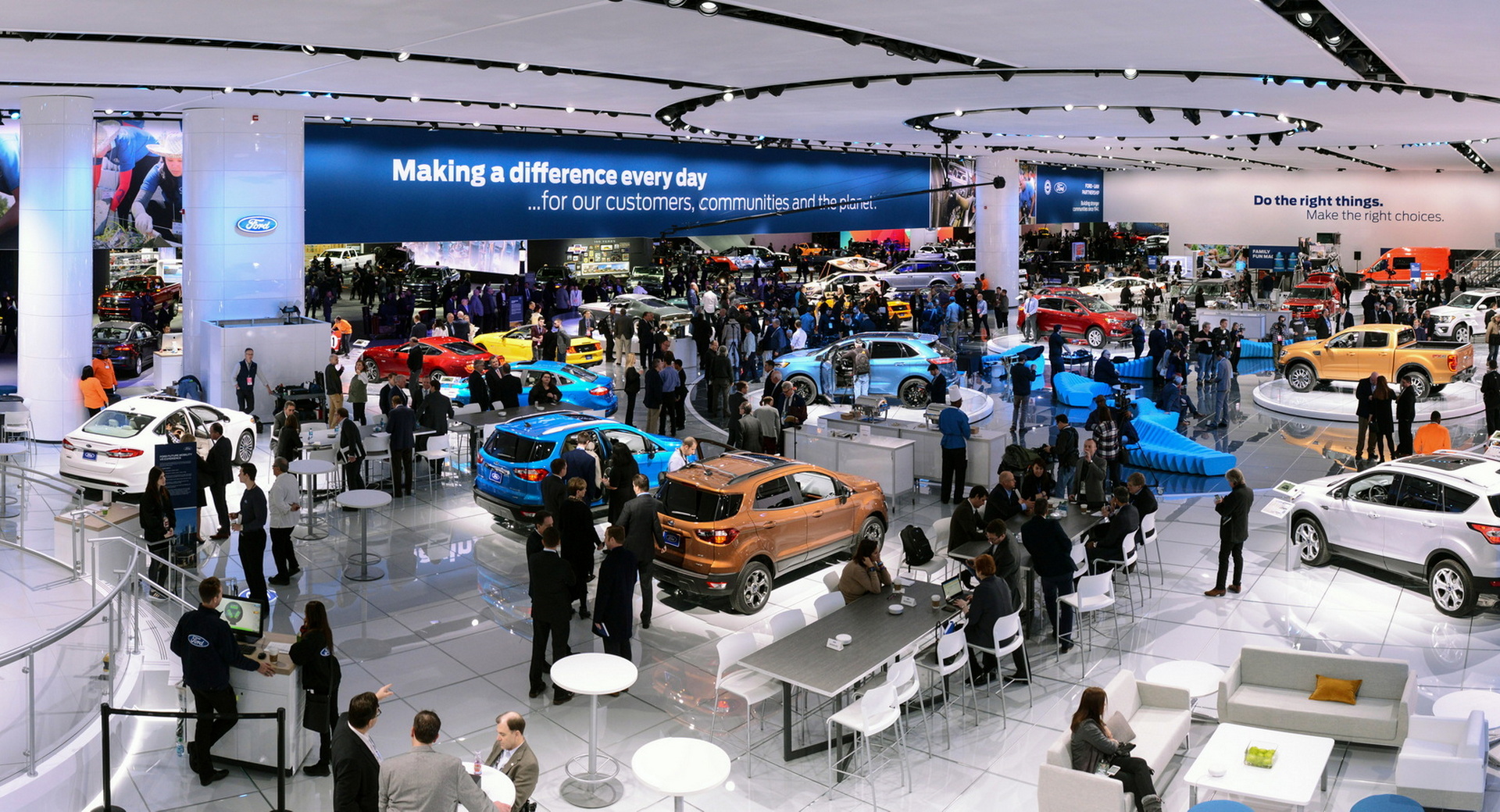
The New England International Auto show, which takes place at the Boston Convention and Exhibition Center in January 2023, has been canceled for the third straight year, once because of COVID-19 and twice because they simply didn’t have enough cars to put on display.
“Unfortunately, the 2023 New England Auto Show has been cancelled due to the lack of manufacturer and dealer vehicle inventories,” write the show’s organizers. “With several manufacturers not able to participate this year, we are unable to produce a creditable show that we can be proud of and attendees can enjoy. Please see us again in January 2024 when inventories should rebound. Be sure to watch our website as we get closer to 2024.”
This is the third year in a row that the New England International Auto Show has been unable to open its doors to the public as the 2021 event didn’t happen due to the COVID-19 pandemic, while the 2022 show was cancelled for the same reasons that the 2023 edition was canned.
“The lack of available vehicles has made it increasingly difficult for manufacturers to provide the models they need to best promote their products and brand,” the organizers wrote in a Facebook posting. “Simply put, under the current environment the show will not meet the expectations of the manufacturers, dealers, and most importantly our attendees, partners and friends,” the post reads.
Read: Mercedes-Benz And Renault Skipping Korea’s Busan Motor Show
We have reached out to the show’s organizers for more information and will update this post when we hear back. In 2020, though, the show billed itself as the “largest new car showroom” in the region that hosted vehicles from more than 30 brands. That year, the show had vehicles from Aston Martin, Cadillac, McLaren, Genesis, and more.
Although it was not an even anywhere near the scale of the North American International Auto Show in Detroit, it may have fallen prey to the same factors that pushed that event’s organizers to reconsider its strategy.
Long held in January, the show’s attendance was impacted by the growth of competing trade shows that were less singularly focused on new cars, an overall drop in attendance at auto shows around the world, and bad January weather. NAIAS, therefore, decided to change dates and tale place in September.
As automakers look to sell themselves on new tech and mobility, rather than traditional automotive advancement, they have moved to increasingly focus their effort on events like the Consumer Electronics Show (CES), which also takes place in January.
In addition, the supply of new vehicles has been low in America due to constraints on the supply lines caused by the COVID-19 pandemic. As prices for all vehicles rise, the region’s “largest new car showroom” may simply be less important to automakers than getting customers their vehicles.


